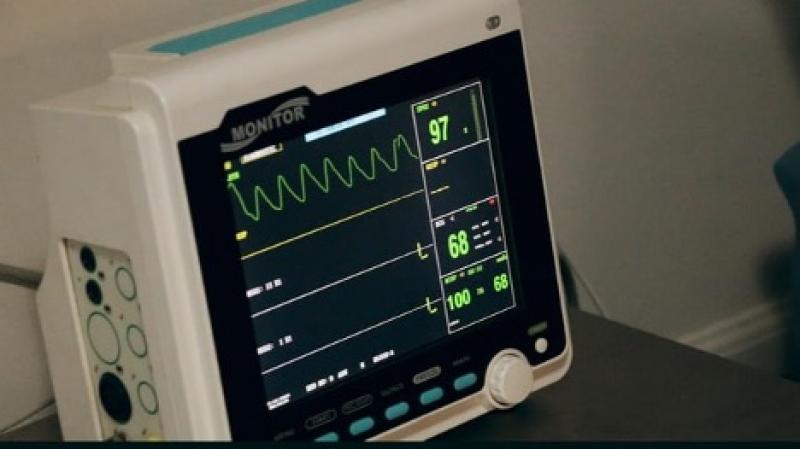What to Expect During a Medical Malpractice Claim

Medical malpractice lawsuits can be quite complicated. If you or a loved one has been the victim of medical negligence, you only have a certain amount of time to file a claim. If you do not make a claim within that term, you may not be able to file one at all, and you will not be able to recover from your pain and suffering. You will need a Medical Malpractice Lawyer that has years of experience defending individuals who have been harmed or killed as a consequence of a doctor's, nurse’s, or other health care practitioner's carelessness. Keep reading to learn more about medical malpractice and what you should be doing if you find yourself victim to a medical professional’s carelessness.
What Exactly Is Medical Malpractice?
When a properly trained medical professional violates a "standard of care," which results in injury or harm to a patient, medical malpractice can be alleged. The term "standard of care" refers to the "general beneficent and benevolent degree of care that every healthcare provider should provide to their patients." This care might differ depending on the patient and the individual’s situation.
How Do I Select the Best Medical Malpractice Lawyer in My Area?
When looking for the top medical malpractice attorneys near you, it is critical to select an attorney that has extensive expertise preparing and trying these sorts of cases. You will need a highly educated, competent and experienced medical malpractice attorney to handle your case in the best way possible.
Many lawyers advertise as "trial lawyers” even though they have barely even tried a case and prefer to settle. Every medical malpractice case is unique, and while some cases do settle, your attorney should be willing to go to trial if it means a better conclusion for their clients and their families.
Types of Medical Malpractice
Medical misconduct can be classified widely based on the nature and severity of the damage. However, there are a few frequent instances of medical negligence.
Misdiagnosis is the first of these. This happens when a doctor examines a patient, but is unable to appropriately identify an ailment or injury. Worse, some physicians may claim that there is no damage or disease when, in fact, there is.
Another sort of medical negligence is the delayed diagnosis, as is failure to treat. Other instances include surgical mistakes, birth traumas, and medical product liability.
What Is the Difference Between Medical Negligence and Malpractice?
While the terms "medical negligence" and "medical malpractice" are sometimes used interchangeably, they are technically different. When a healthcare professional delivers a service that deviates from the established medical standard of care, this is referred to as medical malpractice. Medical negligence, on the other hand, is not typically sufficient to establish a successful medical malpractice claim.
If a healthcare professional provided you with treatment that was subpar in comparison to what was expected for the field and injury, the doctor may be considered "negligent." This is not legally equal to being injured. In order to develop a legitimate medical malpractice case, any victim suing a doctor for medical negligence must prove that the negligence of the healthcare professional directly caused damages to the patient.
Medical Malpractice Attorneys
Finding the best medical malpractice attorney does not have to be difficult. A Medical Malpractice Lawyer, offers knowledgeable advice and the best solutions for their clients. A number of medical malpractice law firms are only a phone call away, no matter where you reside. Allow a medical malpractice attorney to assist you with your lawsuit and obtain the payout you deserve.
More to Read:
Previous Posts:










